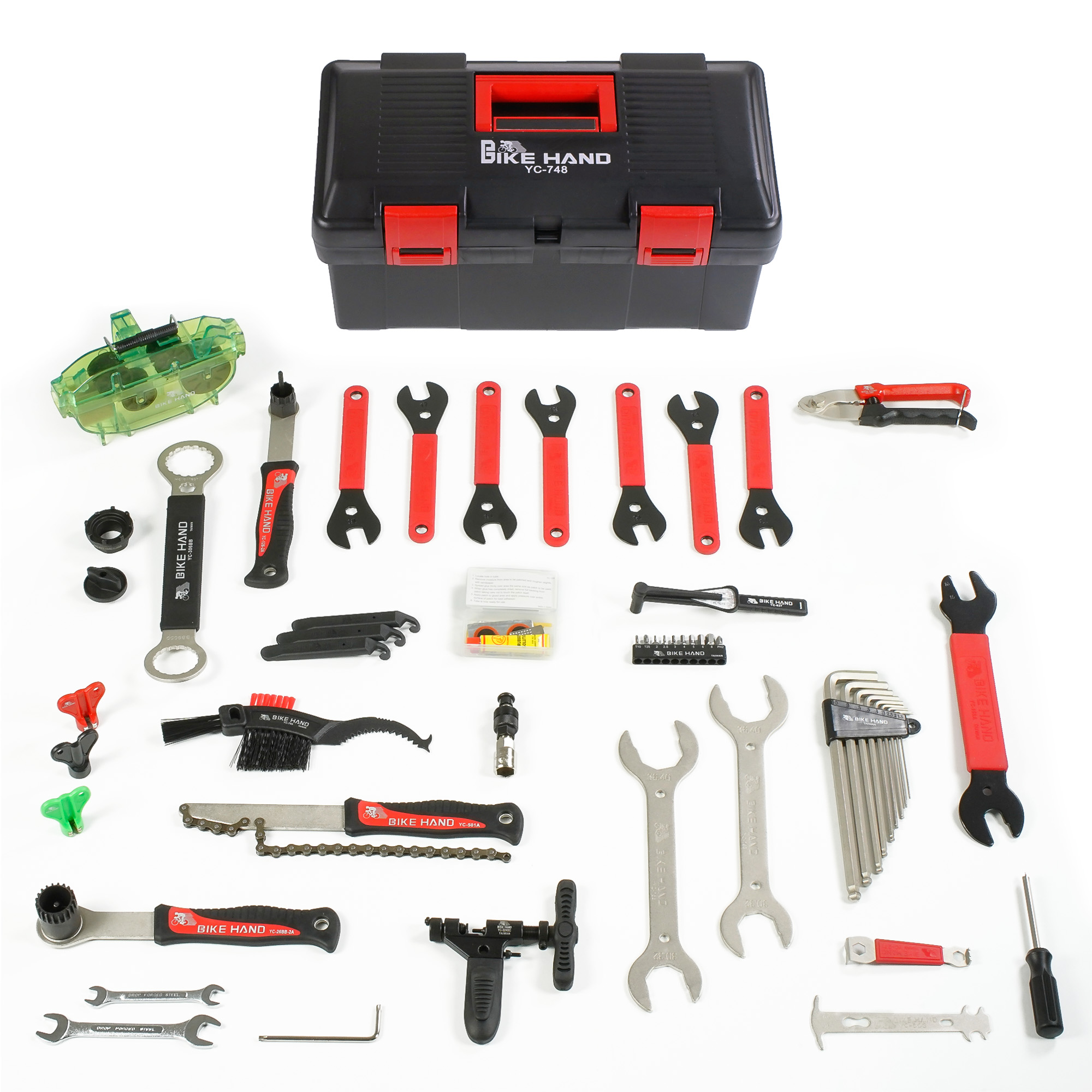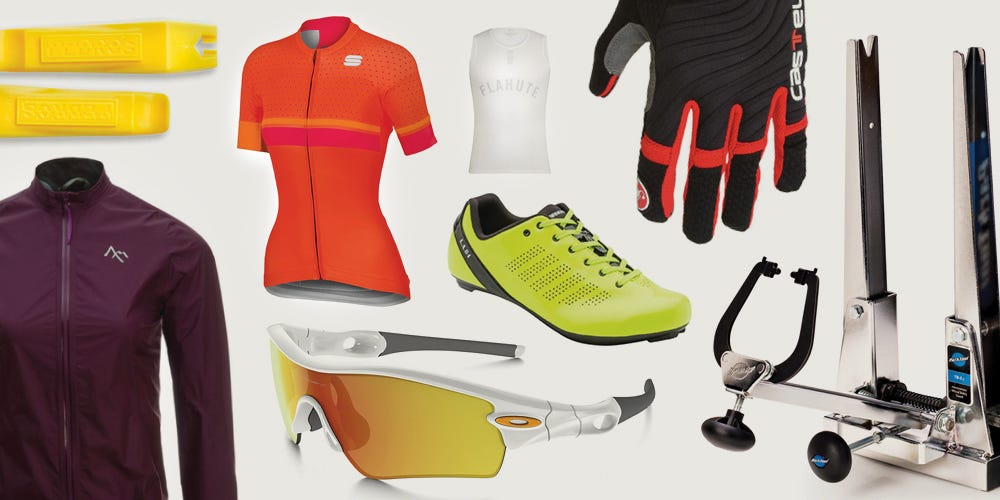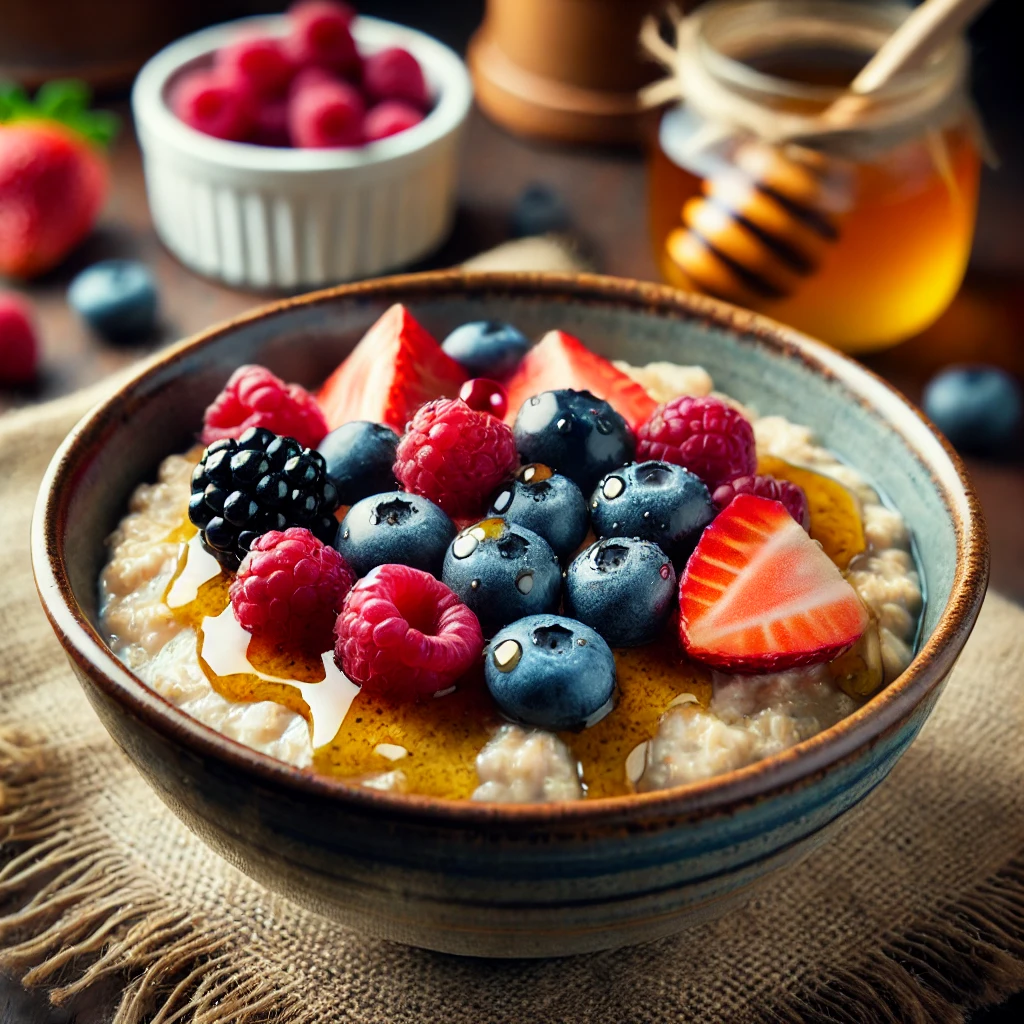Cycling, whether you’re engaging in long-distance rides, sprinting, or casual biking, demands not only great physical endurance but also a tailored nutritional plan to match the energy outputs and recovery needs. The right diet can drastically enhance a cyclist’s performance, stamina, and overall health. This article will explore the essential foods that should be a part of every cyclist’s diet to ensure they are at their peak performance.

**Carbohydrates for Energy**
Carbohydrates are the primary fuel source for cyclists. During intense cycling, your body burns carbs for quick energy. Foods rich in complex carbohydrates such as whole grains, oats, brown rice, and pasta should be staples in a cyclist’s diet. These foods provide a steady release of energy, which is vital for long rides. Additionally, fruits like bananas and apples are excellent sources of quick-release energy, making them perfect for consumption before or during a ride.
**Proteins for Muscle Repair and Recovery**
Protein is crucial for muscle repair and growth. After a strenuous ride, a cyclist’s muscles need protein to heal the micro-tears that occur during prolonged physical activity. Good sources of protein include lean meats like chicken and turkey, fish such as salmon and tuna, and plant-based options like tofu, lentils, and chickpeas. Incorporating a protein-rich food into every meal can help maintain muscle mass and aid recovery.
**Fats for Long-term Energy**
While often misunderstood, fats are an essential part of a cyclist’s diet, especially for long-distance riding. They provide a concentrated source of energy when carbohydrate reserves deplete. Focus on healthy fats found in foods like avocados, nuts, seeds, and oily fish. These fats not only fuel long rides but also support cell structure and the absorption of essential vitamins.
**Hydration for Optimal Performance**
Hydration is as crucial as food for cycling performance. Water supports metabolic functions, aids in nutrient transport, and regulates body temperature. Cyclists should drink water before, during, and after a ride to prevent dehydration. Additionally, electrolyte-rich drinks can help replenish salts lost through sweat during longer rides.
**Timing of Meals**
When you eat is almost as important as what you eat. Eating a carbohydrate-rich meal two to three hours before cycling provides the necessary fuel for the ride. During long rides, it’s advisable to consume small, frequent snacks to maintain energy levels. Post-ride meals should include proteins and carbohydrates to aid in recovery and replenish energy stores.
**Supplements for an Additional Boost**
While a whole-foods diet should always come first, supplements can play a supportive role in a cyclist’s nutrition regimen. Energy gels, bars, and drinks can provide quick energy and electrolyte replenishment on the go. Additionally, whey protein or vegan protein powders can be useful for recovery, especially when whole food sources are not available.
**Foods to Avoid**
Just as some foods can enhance cycling performance, others can hinder it. High-fat foods, overly processed carbohydrates, and sugary snacks can lead to energy spikes and crashes. Alcohol and excessive caffeine should also be consumed with caution as they can dehydrate the body and impact muscle recovery.
**Personalized Nutrition**
Lastly, it’s important to remember that each cyclist’s body responds differently to different foods. Monitoring how your body reacts to certain foods and adjusting your diet accordingly can help you discover the perfect nutritional balance for your training and recovery needs.
In conclusion, a balanced diet rich in carbohydrates, proteins, and healthy fats, along with proper hydration and strategic meal timing, is key for cycling performance. By making informed choices about what and when to eat, cyclists can maximize their energy, enhance recovery, and improve overall performance. Remember, the best diet for a cyclist is one that is tailored to the individual’s specific energy needs, exercise routine, and personal health goals.



Leave a Reply